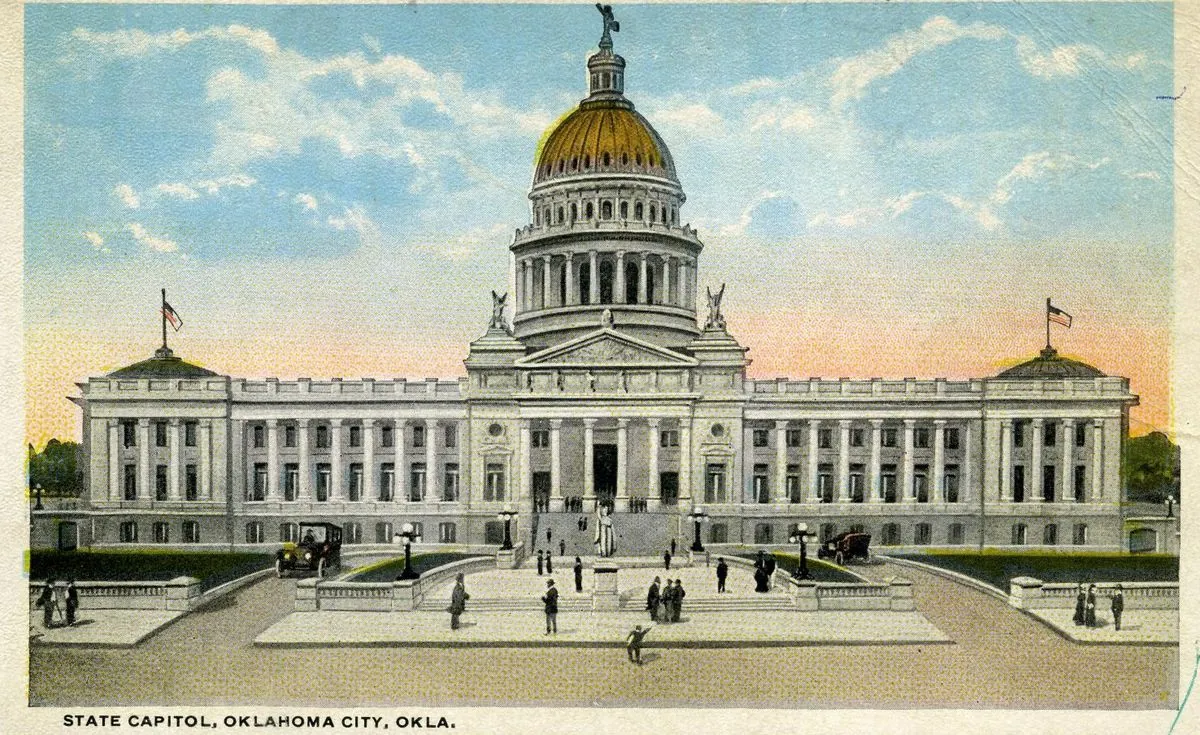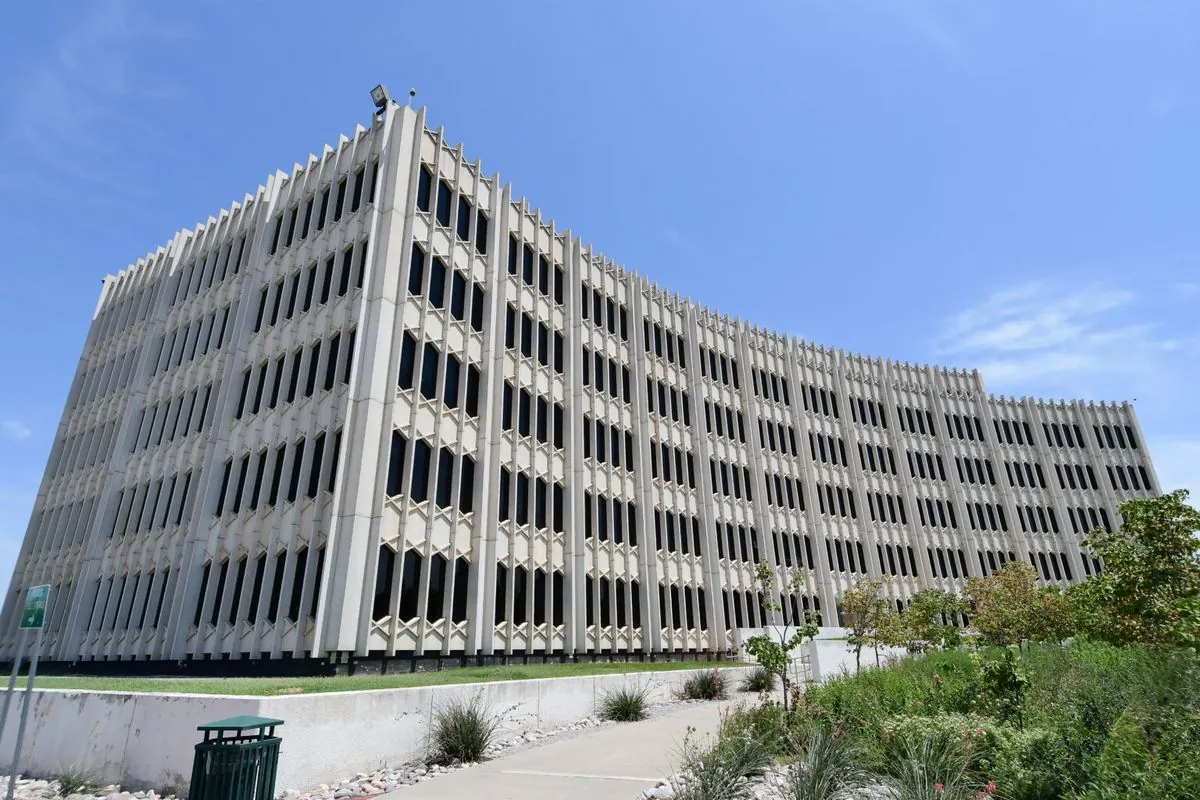Oklahoma Education Chief's $3M Bible Plan Sparks Controversy
Oklahoma's education superintendent proposes $3 million purchase of 55,000 Bibles for schools, raising concerns over specifications matching Trump-endorsed version. The plan faces scrutiny for potential constitutional issues.

In a controversial move, Oklahoma's State Superintendent of Education, Ryan Walters, has proposed a $3 million plan to purchase 55,000 Bibles for public schools. This initiative, part of Walters' broader agenda to integrate Biblical teachings into the curriculum, has ignited a debate over the separation of church and state and the appropriate use of educational resources.
The proposal specifies that each Bible must include the Declaration of Independence and the U.S. Constitution, documents not typically found in standard Bibles. These requirements have raised eyebrows, as they closely match the specifications of a Bible endorsed by former President Donald Trump earlier this year.

The Bible in question, known as the "God Bless the USA Bible," is priced at $59.99 and has been promoted by Trump to his supporters. This connection has led to scrutiny of the bidding process, with critics suggesting it may unfairly favor a specific product.
Drew Edmondson, a former Oklahoma Attorney General, expressed concerns about the bid's integrity, stating, "This does not pass the smell test." He suggested that a court could potentially void the process if it were found to limit competition unfairly.
In response to these allegations, Dan Isett, a spokesperson for the Oklahoma State Department of Education, maintained that the proposal is open to all vendors, expecting "robust competition."
This Bible procurement plan is part of a larger initiative by Walters, who in June 2023 mandated the incorporation of Bible studies into the curriculum for grades 5 through 12. The superintendent, elected in 2022, has been vocal about his mission to combat what he terms "woke ideology" in schools.
The controversy surrounding this proposal touches on several fundamental aspects of American governance and education. The First Amendment to the U.S. Constitution, which prohibits the establishment of an official religion, is at the heart of this debate. This principle of separation of church and state has been a cornerstone of American democracy since the nation's founding.
It's worth noting that the Bible, while a religious text, has also been a significant cultural influence. It is the best-selling book of all time, with estimated sales exceeding 5 billion copies. The Bible has been translated into over 700 languages, demonstrating its global reach and impact.
The inclusion of historical documents like the Declaration of Independence (adopted on July 4, 1776) and the U.S. Constitution (signed on September 17, 1787) in these Bibles adds another layer to the discussion. These documents, along with the Bill of Rights and the Pledge of Allegiance, are fundamental to American civic education.
However, the mixing of religious texts with government documents in a state-sponsored educational context raises complex legal and ethical questions. Previous Supreme Court rulings, such as Engel v. Vitale in 1962, have established precedents against official school prayer, highlighting the sensitive nature of religious involvement in public education.
As this situation unfolds, it serves as a reminder of the ongoing debates surrounding religion, education, and government in the United States. The outcome of this proposal could have significant implications for how these issues are addressed in Oklahoma and potentially beyond.
"We can see there are very few Bibles on the market that would meet these criteria, and all of them have been endorsed by former President Donald Trump."
This controversy in Oklahoma, a state that joined the Union on November 16, 1907, as the 46th state, reflects the ongoing challenges in balancing religious influence, educational policy, and constitutional principles in American public life.


































